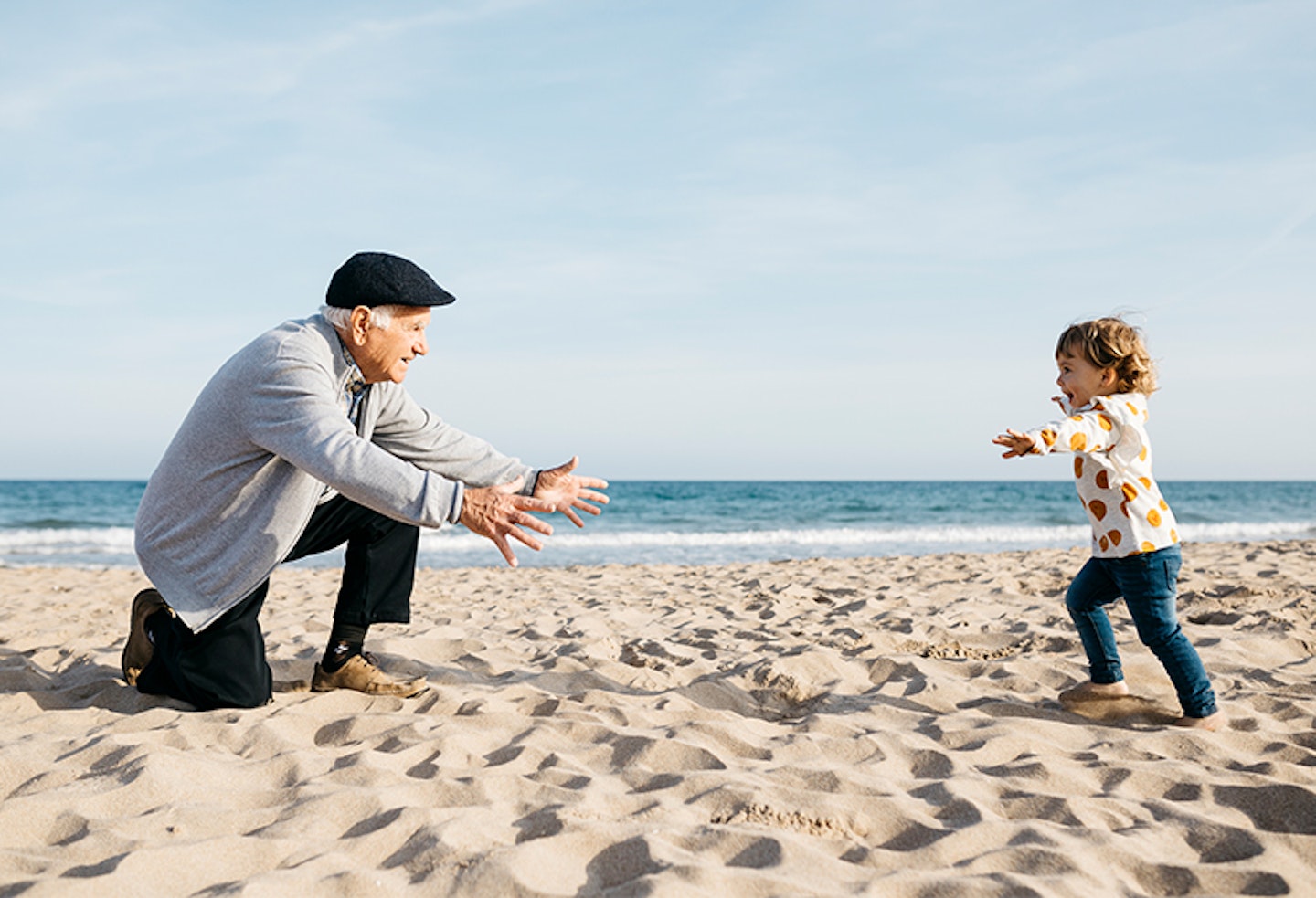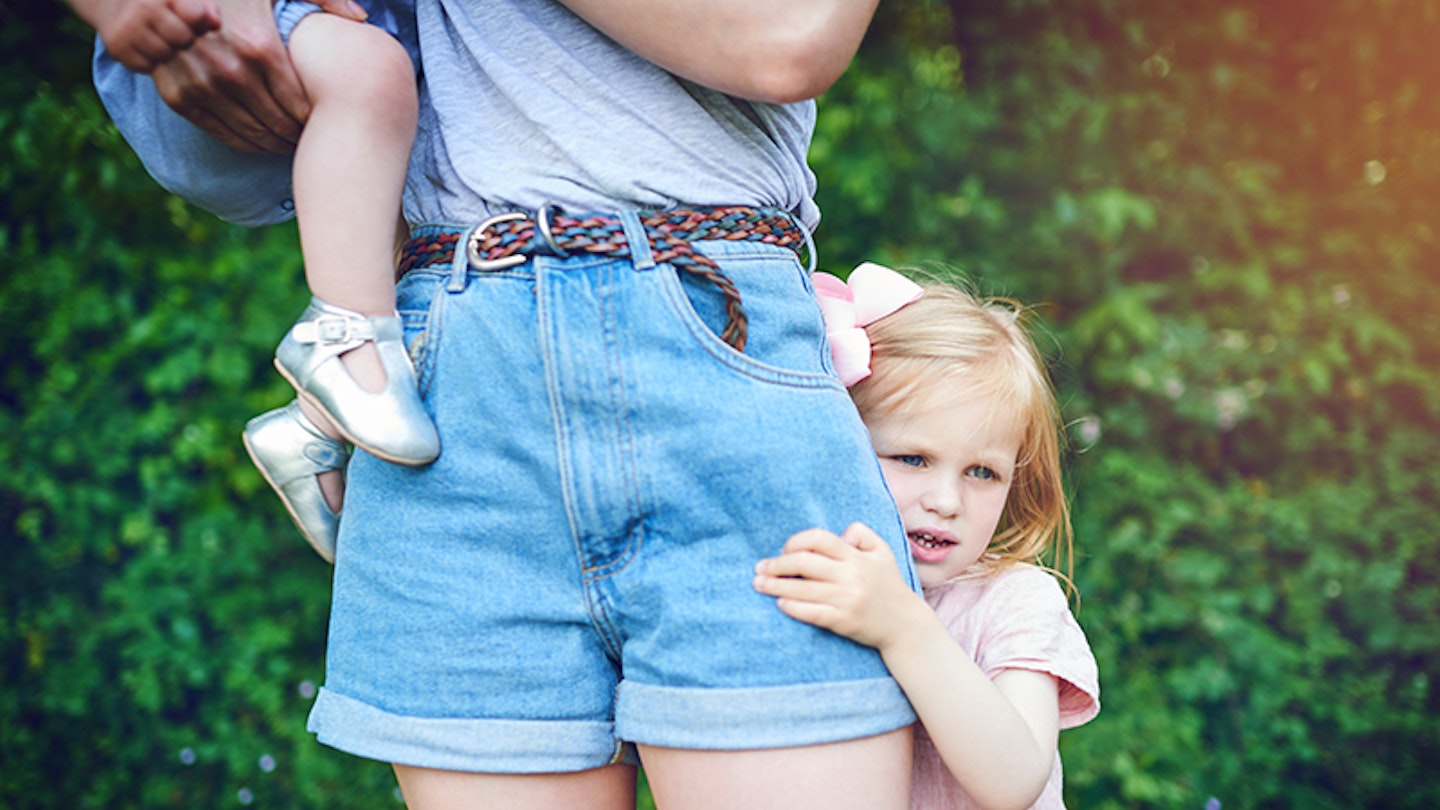After time spent in lockdowns and our collective lack of socialisation over the past year or so, childcare experts have reported that toddlers and pre-schoolers are showing signs of separation anxiety, lacking in social skills and some struggle to concentrate.
None of this comes as a big surprise, thanks to the pandemic.
Parents are concerned, too, in a recent survey, 77 per cent of mothers said they were worried about their children missing out on learning social skills.
It’s easy to feel incredibly stressed by this as a parent, but there are measures you can take to support your child. It’s important to remember that none of the emotions our children might display are permanent and that, just like their parents, small children require a period of adjustment.
Baby and toddler groups had no choice but to close during the height of lockdown and without the traditional routes of socialising and getting our little ones used to new faces and groups of people, it stands to reason that there’s a generation of shy toddlers.
Similarly, the sensory experiences of being wheeled around the shops, going in and out of other people’s homes and on days out were lacking, too. So, here are a few tips to help your tot find their feet...
1. Little steps
You might feel as though you need to make up for lost time and organise dozens of playdates now restrictions are more relaxed but Georgina Hood, founder and director of Paint Pots nurseries warns against moving at warp speed: “If your child has not been exposed to taking turns and sharing their toys, having someone round to their home could be something to work up too rather than inflicting on them straight away.
"Do not push the situation with forced activities or rushing to overcompensate. I know this to be the case especially with large family gatherings or birthday parties. These sort of get togethers can feel overwhelming for adults after the last year, so think about your child and keep it small, simple, short and calm.”
2. Familiarity is key
Instead of a big family do, Georgina recommends being mindful of your little one's needs and perhaps meet outside in a familiar space: “I would suggest keeping it simple by being out somewhere on neutral territory or perhaps meeting a couple of friends for a picnic in the park.”

3. Build up their confidence
Given that we have been confined to our homes for a huge chunk of our little ones’ lives, the prospect of mummy or daddy leaving – even just to pop to the shops – could be stressful for everyone involved.
As and when you are ready to, Georgina recommends getting used to separation, one step at a time: “This skill needs practising, particularly if there has not been another caregiver helping with the toddler during lockdown.
"Parents could start with having someone come to the house to play with the child. Once the child is comfortable with them, the parents could make a short trip to run errands, being sure to tell the child they are leaving, even if the child is sad about this.
"They will learn that parents come back. Parents can build-up longer periods apart until the child is used to being away from them.”
4. It may be stressful - for both of you
As and when you may begin to leave your child with family or in a childcare setting, it’s wise to remember that separation anxiety is a distinct possibility, for both of you.
While you might be just as worried about this as your toddler, keep in mind that your emotions are being interpreted by your child. Georgina reminds us, “Our children are watching us and picking up on every form of communication, whether it’s verbal or non-verbal so they can feel when we are stressed or worried or unable to relax.”
5. Make time to relax
To combat this, Georgina recommends we all learn to carve out time to relax. “It is important that parents know how to relax too. Having named time to just sit and stare into space is important.
Depending on the situation sometimes it can help to tell your child what you are doing – “I am just going to sit in the kitchen with a cup of tea and relax for ten minutes,” or involve your child, “Shall we just lie on the sofa together and relax for fifteen minutes before I cook dinner? Then you can help me peel the carrots”.
6. Go at their pace
As with everything related to your child’s development, going at their pace is key. When it comes to becoming more sociable or leaving your child for periods of time, it’s vital you don’t feel forced into doing anything you aren’t comfortable with or ready for. Take it as slow as you need to and remember: you know your child best.
